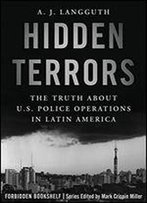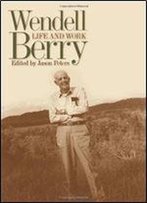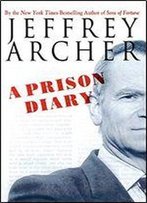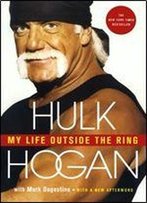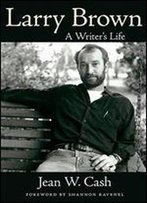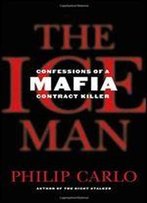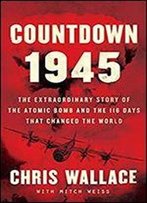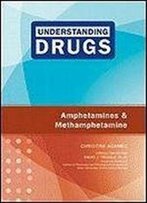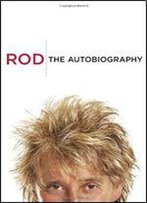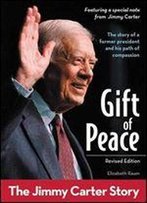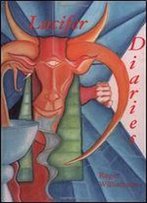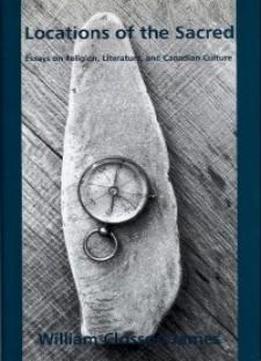
Locations Of The Sacred: Essays On Religion, Literature, And Canadian Culture
by William Closson James /
1998 / English / PDF
15.9 MB Download
Where do Canadians encounter religious meaning? Not where they
used to!
Where do Canadians encounter religious meaning? Not where they
used to!
In ten lively and wide-ranging essays, William Closson James
examines various derivations of the sacred in contemporary
Canadian culture. Most of the essays focus on the religious
aspects of modern Canadian English fiction — for example, in
essays on the fiction of Hugh MacLennan, Morley Callaghan,
Margaret Atwood and Joy Kogawa. But James also explores other,
non-literary events and activities in which Canadians have found
something transcendant or revelatory.
In ten lively and wide-ranging essays, William Closson James
examines various derivations of the sacred in contemporary
Canadian culture. Most of the essays focus on the religious
aspects of modern Canadian English fiction — for example, in
essays on the fiction of Hugh MacLennan, Morley Callaghan,
Margaret Atwood and Joy Kogawa. But James also explores other,
non-literary events and activities in which Canadians have found
something transcendant or revelatory.
Each of the chapters in
Each of the chapters inLocations of the Sacred
Locations of the Sacred can be
read independently as a discrete analysis of its subject. Taken
as a whole, the essays make up a powerful argument for a new way
of looking at the religious in contemporary Canada — not in the
traditional ways of being religious, but in activities and
locations previously thought to be “secular.” Thus, the domains
and modes of the religious are expanded, not restricted.
can be
read independently as a discrete analysis of its subject. Taken
as a whole, the essays make up a powerful argument for a new way
of looking at the religious in contemporary Canada — not in the
traditional ways of being religious, but in activities and
locations previously thought to be “secular.” Thus, the domains
and modes of the religious are expanded, not restricted.
